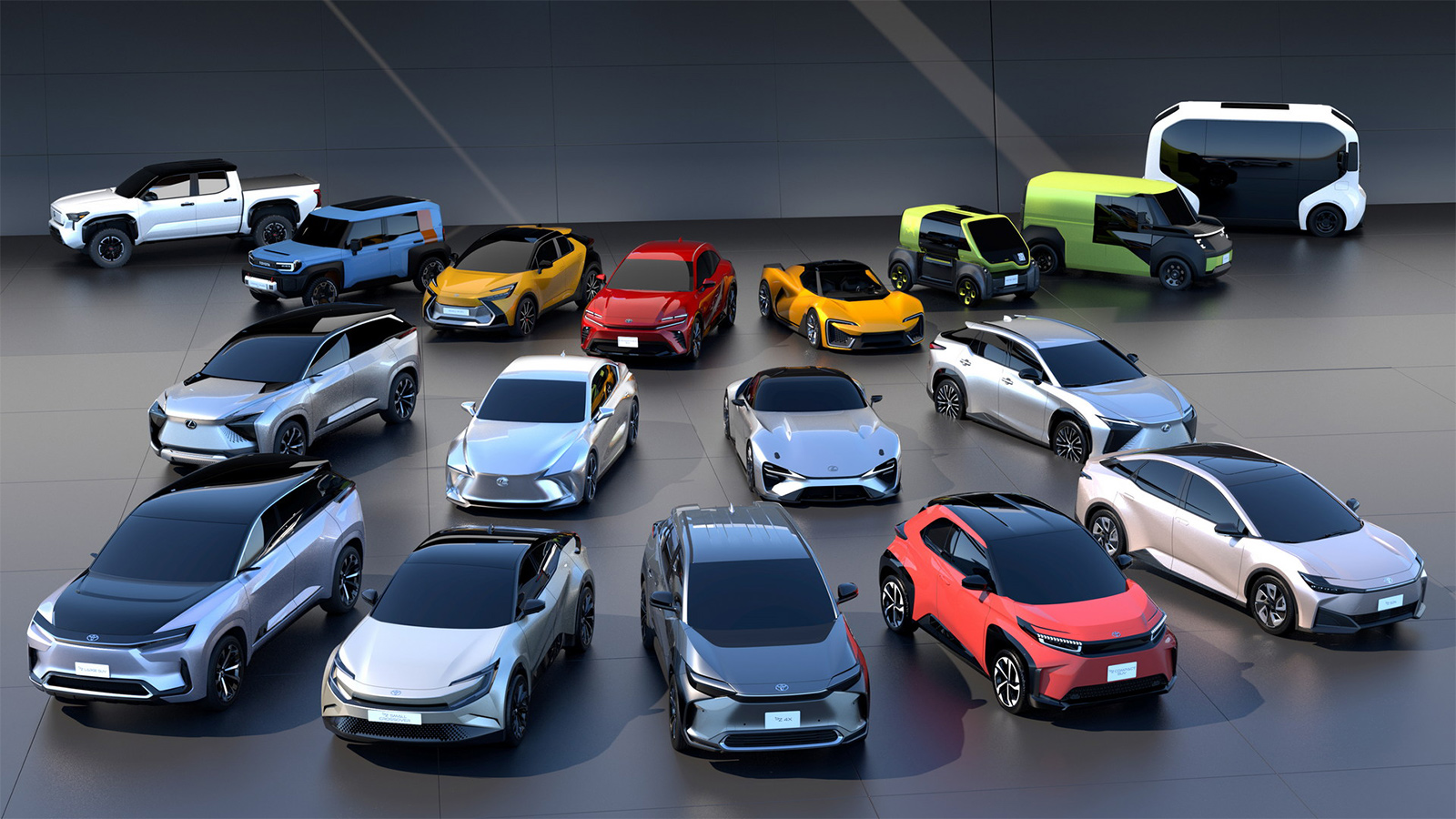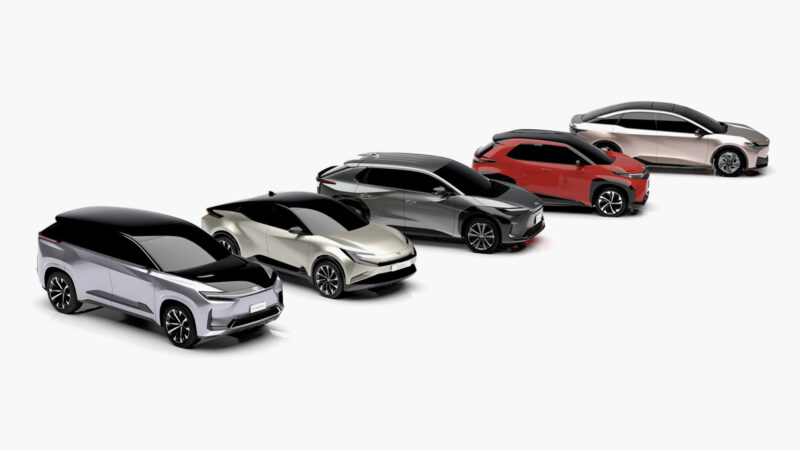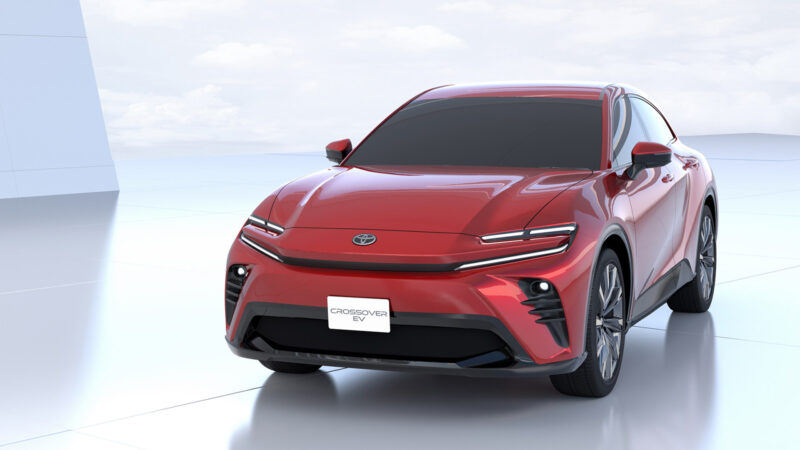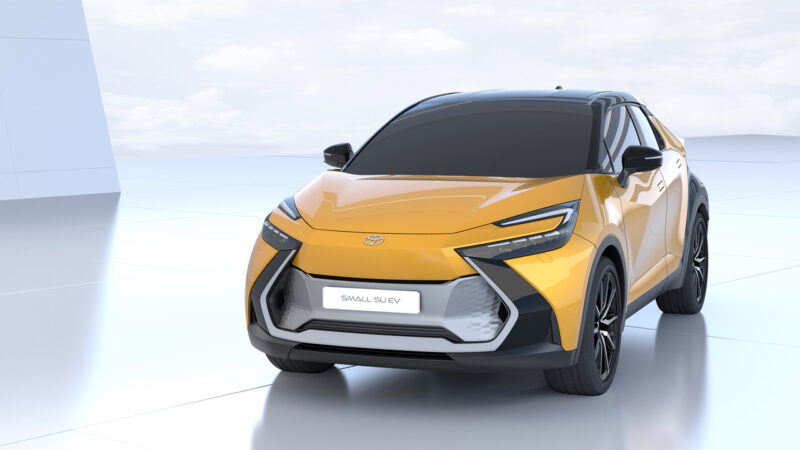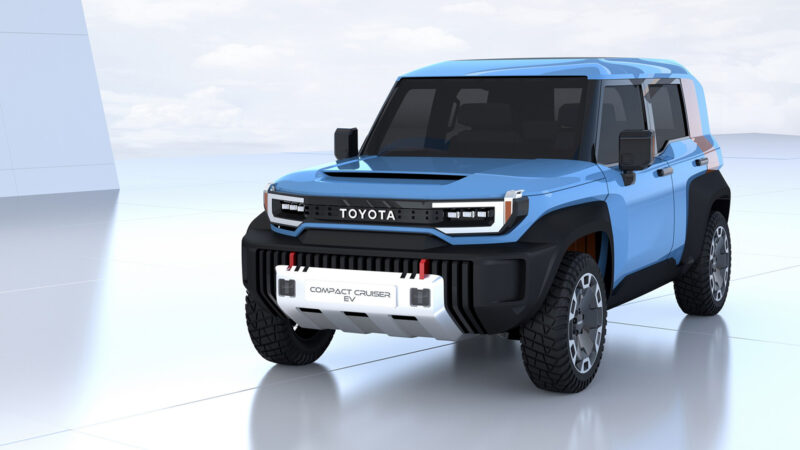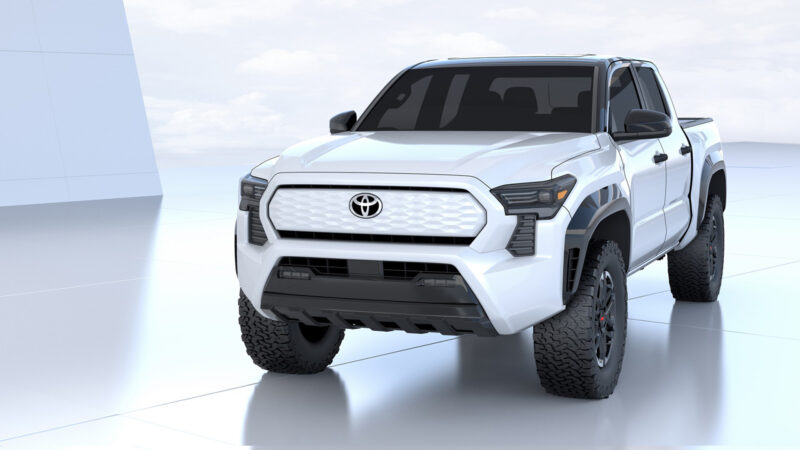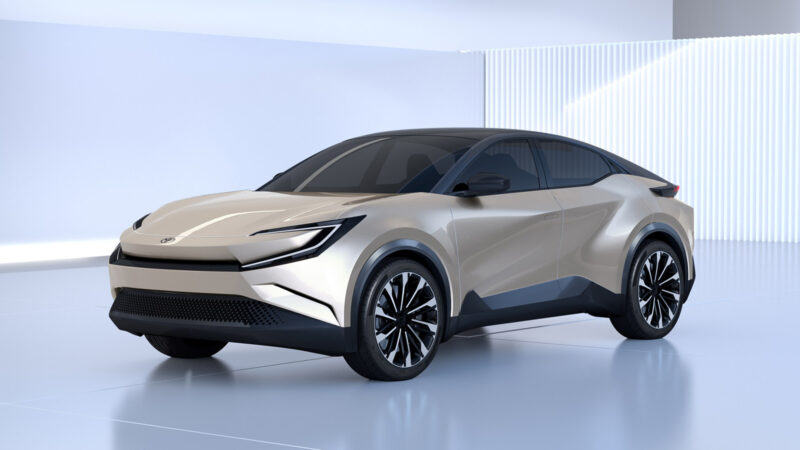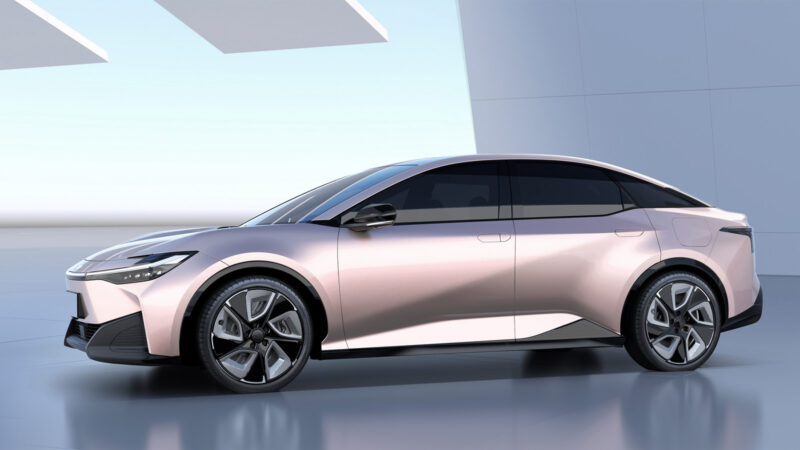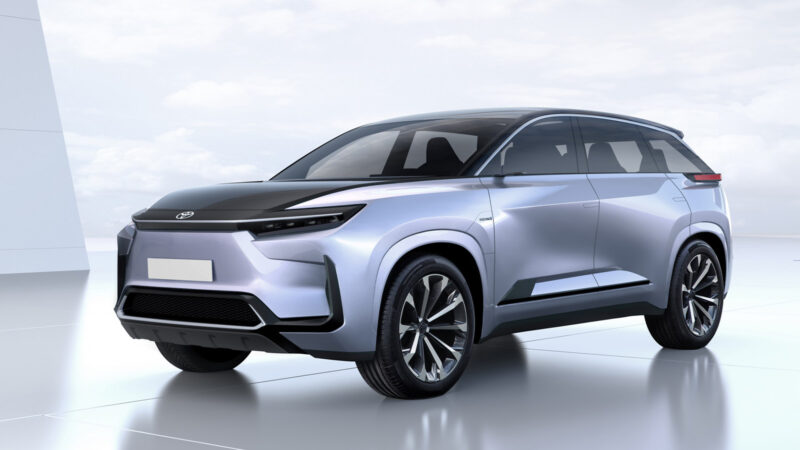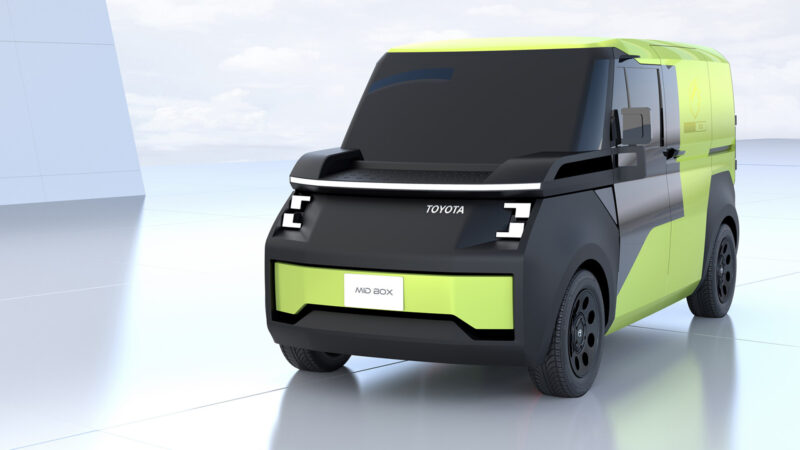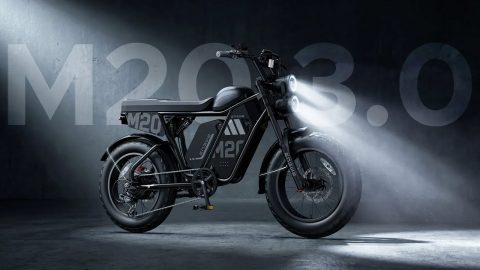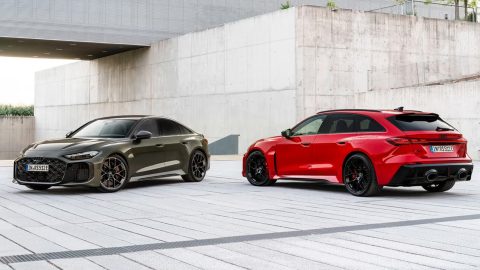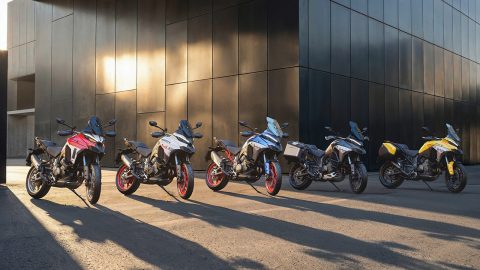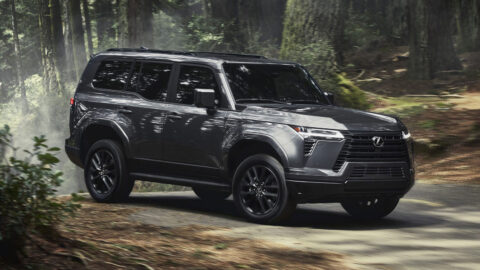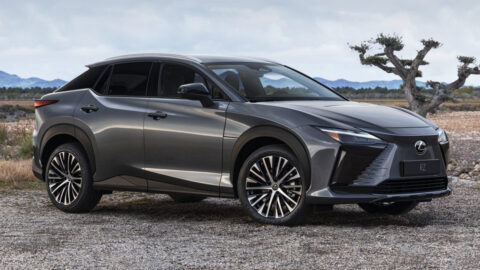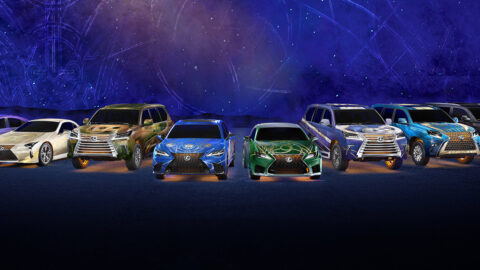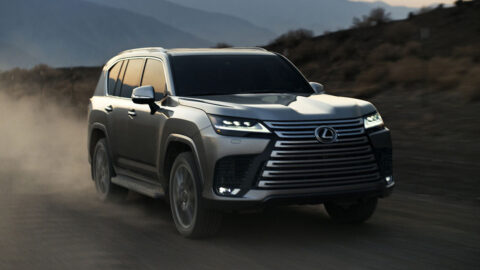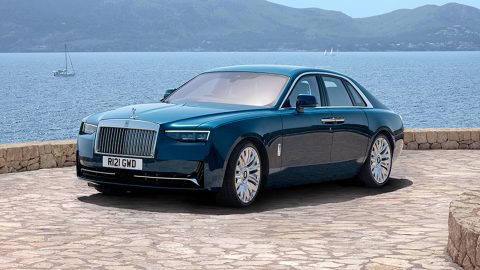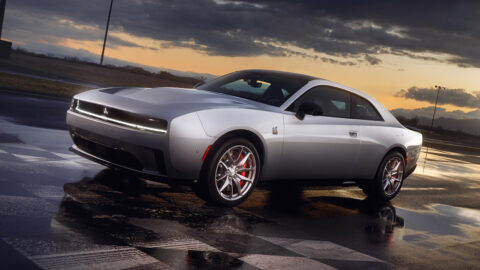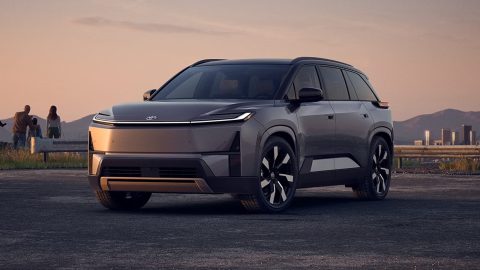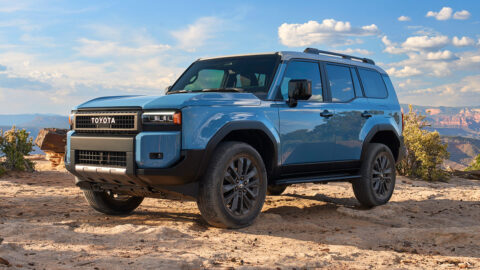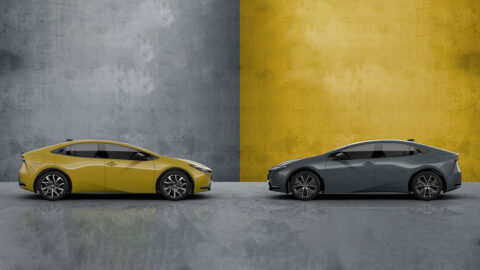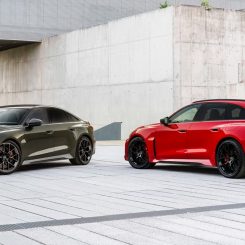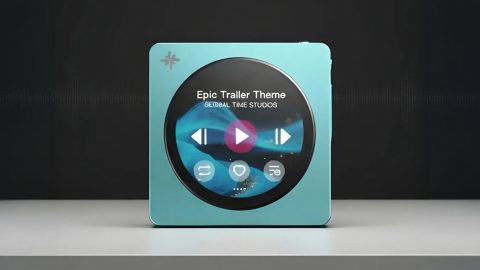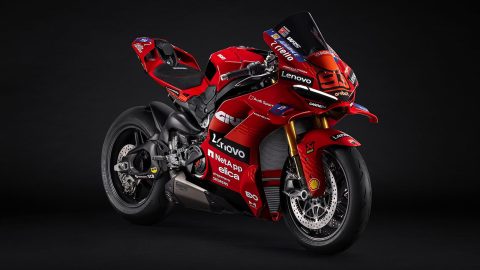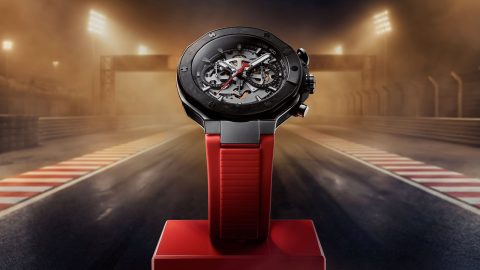This week, Toyota and Lexus made automotive history by unveiling 15 new electric concept vehicles at once. While other brands talk about the near, carbon-neutral, electric future, Toyota and Lexus have shoved all their poker chips into the center of the table – no bluffs. The goal of these two Japanese automakers is to be carbon-neutral by 2035, and they are ready to achieve this with a whopping $17.6 billion investment in EV battery production and other clean energy technology. Until then, Akio Toyoda, president of Toyota Motor Corporation, presents us with what he calls “the showroom of the future.”
The unveiling of concept vehicles covers every vehicle class segment, from luxury two-seater sports cars to a commercial shuttle bus. Some concept vehicles are based on existing models like Toyota’s first-ever electric dual-cab pickup truck that bears similar dimensions to the Tacoma/Hilux. Car enthusiasts have started rumoring about the two-seater sports car being the next Toyota MR2. In addition, Lexus will now have its lineup of EVs, starting with its first dedicated electric model called the RZ, which is based on the LF-Z electrified concept. Moreover, one of Lexus’ EVs appears to be a charged-successor of the LF-A sports car with an expected cruising range of 435 miles and zero to 60 mph time under three seconds using solid-state batteries.
We see hatchbacks, mid-size sedans, off-road SUVs, crossovers, and full-size SUVs among the lineup of future Toyota and Lexus EVs. It is an entirely new lineup of vehicles for both brands. Several of these upcoming models use the e-TNGA architecture as a platform. Toyota has also categorized these vehicles into two types. The first category is carbon-reducing vehicles like PHEVs and HEVs. Then there are carbon-neutral vehicles like battery electric vehicles (BEVs) and fuel cell electric vehicles (FCEVs). Toyota stated that it plans to introduce 30 BEVs to the market by 2030. In addition, Lexus will become an electric brand by 2030.

